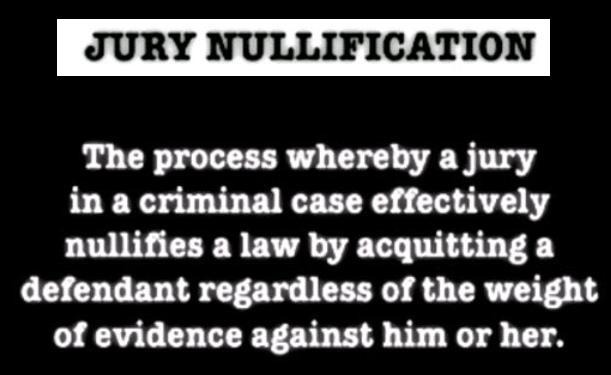(Akiit.com) Three weeks after announcing he would not seek another term as chairman of the NAACP’s national board, veteran civil rights activist Julian Bond said Tuesday that he has changed his mind.
Bond said in an interview on “The Tom Joyner Morning Show” that he was flooded with calls from board members and others asking him to remain at the helm of the civil rights organization.
“I got this outpouring of support,” Bond said, “from not only my board members — a great, great majority of my board members — but also from people who may or may not be members of the NAACP, saying ‘Why don’t you stay?'”
Bond, 68, has been board chairman since 1998. He said three weeks ago that the time was right to let younger leaders take over the NAACP, which will mark its centennial next year.
“I’ve changed my mind, and I am going to offer for re-election in February,” Bond said.
With Bond’s backing, Benjamin T. Jealous, 35, was chosen in May as president and CEO of the National Association for the Advancement of Colored People, becoming the youngest president in its history.
Jealous supports Bond’s decision to remain as chairman “100 percent,” said Carla Sims, an NAACP spokeswoman.
Bond was teaching Tuesday at the University of Virginia and was not immediately available for comment, Sims said.
Bond said on the radio program that the NAACP still has a critical role to play despite Barack Obama’s election as the nation’s first black president.
“If you think that because a black man will be president after Jan. 20, that racism is banished in the United States, you’re sadly, sadly mistaken,” Bond said.
Bond provided stability and a respected national voice to the NAACP, which has been roiled in recent years by infighting and financial difficulties. He acknowledged clashing with Jealous’ predecessor, Bruce Gordon, who resigned abruptly in March 2007.
Bond helped found the Student Nonviolent Coordinating Committee while a student at Morehouse College in Atlanta in 1960 and participated in protests and registration campaigns throughout the South.
In 1965, he was elected to the Georgia House of Representatives, which refused to seat him until the Supreme Court intervened the following year. He served for 20 years in the Georgia legislature before an unsuccessful bid for Congress in 1986.
Written By BEN NUCKOLS










Leave a Reply